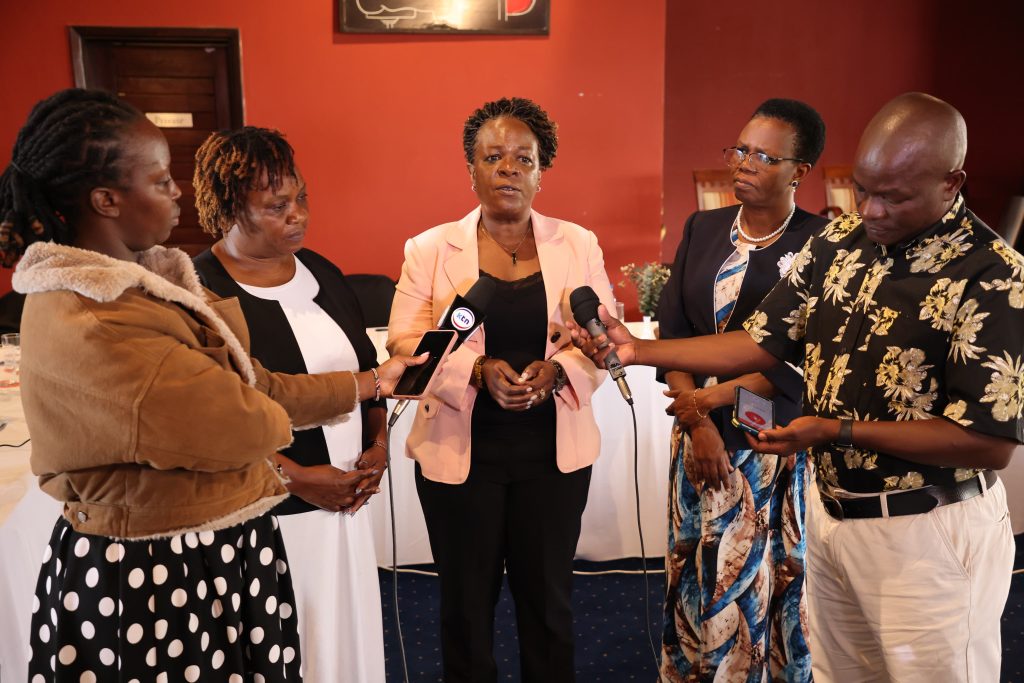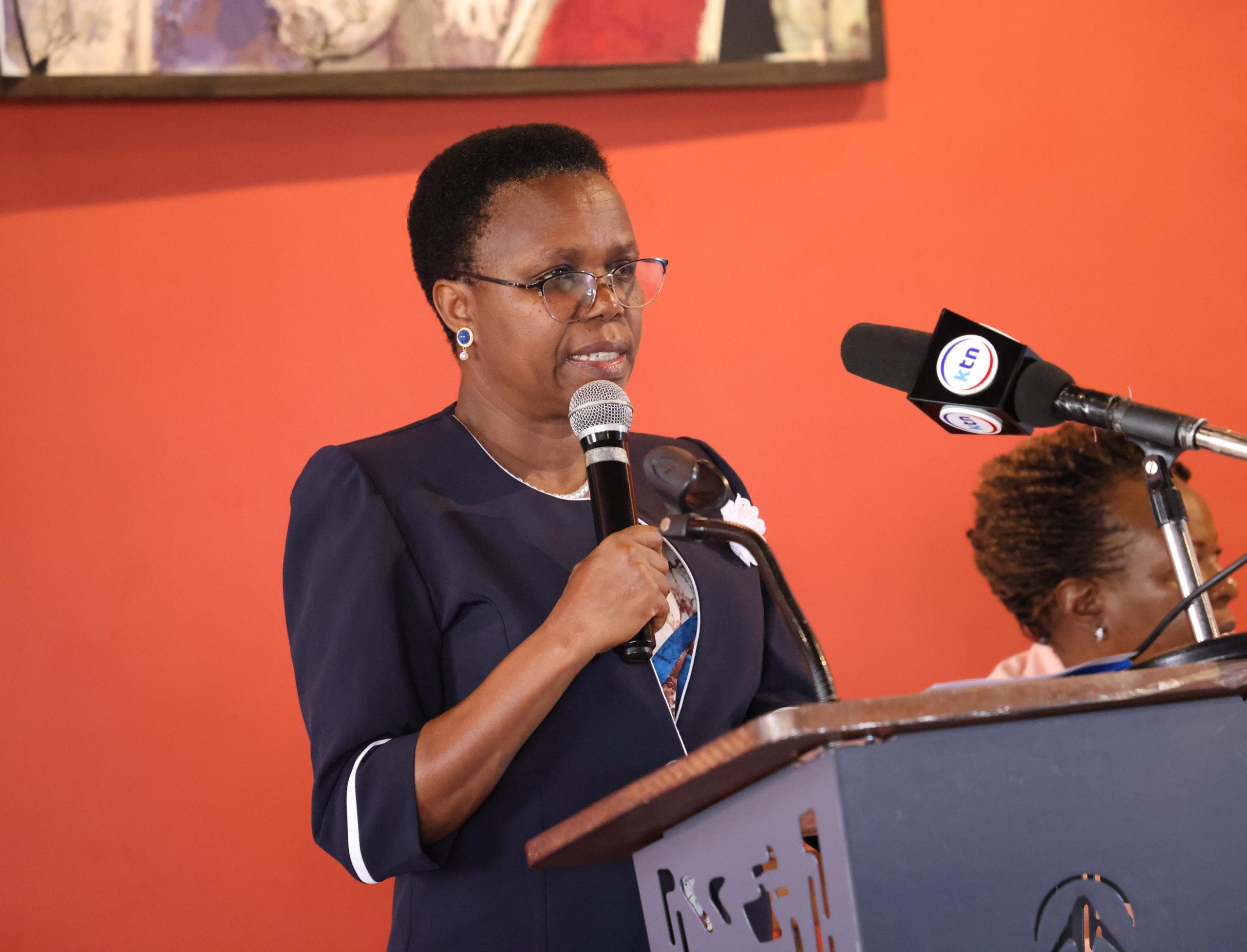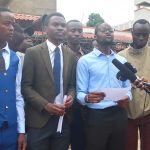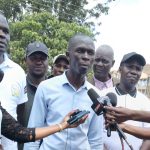The Kenyan government has reinforced its dedication to eradicating sexual and gender-based violence through a groundbreaking regional initiative designed to enhance prevention measures, improve response systems, and bolster support for survivors. The announcement came during a pivotal three-day workshop in Nairobi that brought together key stakeholders from across the Great Lakes region.
Emily Opati, Deputy Director at the State Department for Gender and Affirmative Action, delivered a compelling address on behalf of Principal Secretary Ann Wang’ombe. She emphasized the urgent need for collective action against SGBV, describing it as one of the most widespread human rights violations affecting women, girls, boys, and other vulnerable groups. “The Great Lakes region continues to grapple with conflict, displacement, and economic disparities that exacerbate gender-based violence,” Opati noted. “Tackling this crisis demands coordinated efforts across governments, civil society, and faith-based organizations.”

The workshop, convened by the International Conference on the Great Lakes Region, unveiled an innovative Integrated Model that merges social-ecological and holistic approaches to combat SGBV. This comprehensive framework addresses root causes at individual, family, community, and societal levels while prioritizing survivor-centered services spanning legal protection, medical care, psychosocial support, and economic empowerment.
Hon. Dora Byamukama, a Research and Knowledge Expert with ICGLR, praised Kenya’s legislative advancements, including the Sexual Offenses Act and Protection Against Domestic Violence Act. She highlighted Kenya’s pioneering police-care centers as exemplary models for integrated survivor services. “The pandemic underscored the critical need for mental health support in our response systems,” Byamukama added. “We must also establish specialized courts to ensure swift justice for survivors.”
Dr. Janviere Ndirahisha, Regional Director of ICGLR’s Training Facility, acknowledged Kenya’s leadership while expressing concern about rising SGBV cases. “Sustainable progress requires engaging men and boys as allies and mobilizing religious leaders to transform harmful cultural norms,” she asserted. The workshop culminated in a robust action plan emphasizing stronger law enforcement, improved regional coordination, expanded survivor services, community education, and sustainable funding mechanisms.
Opati rallied participants with a unifying vision: “Through our collective resolve, we can create a safer, more just society where every person lives free from violence.” The Nairobi workshop marks a significant milestone in regional efforts to turn this vision into reality.









